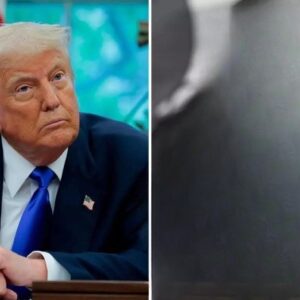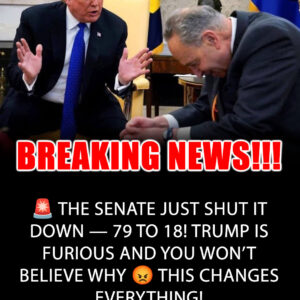In recent weeks, the United States has been shaken by a political assassination that has drawn comparisons to the darkest chapters of American history.
The killing of conservative activist Charlie Kirk, a rising voice in youth politics and a staunch advocate of conservative values, stunned both allies and opponents.
As the nation grappled with shock, fear, and grief, new developments emerged: President Donald Trump announced that law enforcement believes they have the suspect in custody.

At a press interview, Trump spoke with firm conviction: “I think we have him … with a high degree of certainty, he’s in custody. We have him.” According to the president, the arrest was aided not only by investigative work but by a tip from someone close to the suspect—described merely as “a minister, a father.” Trump did not name the suspect or disclose detailed evidence, but insisted facts point to the right individual.
This moment represents a crossroads—not just for one high-profile case, but for national politics, justice, security, and the future of public discourse in America. What follows is a deeper look into the story: the life and impact of Charlie Kirk, the political environment that framed his career, the unfolding investigation, the reactions across the partisan divide, and the broader implications for civic discourse, extremism, and accountability.





